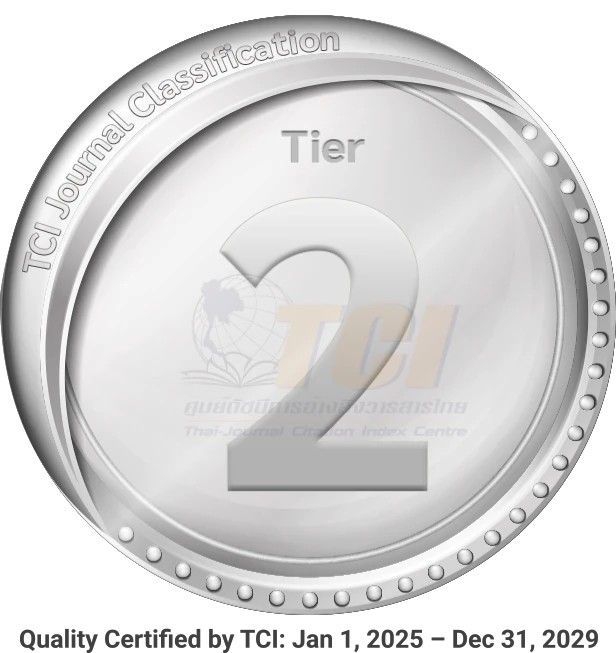Implementation of the Process-Genre Approach in an English as a Foreign Language Classroom in Thailand: A Case Study
Abstract
This study explored the implementation of the Process-Genre Approach in a classroom at Rajamangala University of Technology Isan, Surin Campus. The participants were 15 first year students who were given the task of writing a story of the Recount genre. The teaching unit was designed to cover 13 teaching hours and contained five stages, Building up Field Knowledge, Modeling the Text, Drafting, Rewriting, and Publishing. Data were obtained from students’ written texts prior to and after being taught by the Process-Genre Approach. The results of the study revealed that the Process-Genre Approach had positive effects on the majority of students’ writing ability. After they were taught by this approach, they were able to write a relatively more successful story. Analyses of their final drafts showed that they had better control of generic structure. It conformed to that which is typical of the Recount, containing the Orientation, Series of Events and Evaluation. In addition, their drafts exhibited better control of language features including use of specific participants, simple past tense, doing verbs, and temporal conjunctions (Derewianka, 1990). Hence, the Process-Genre Approach appears to be a viable alternative approach for teaching writing to Thai students.



